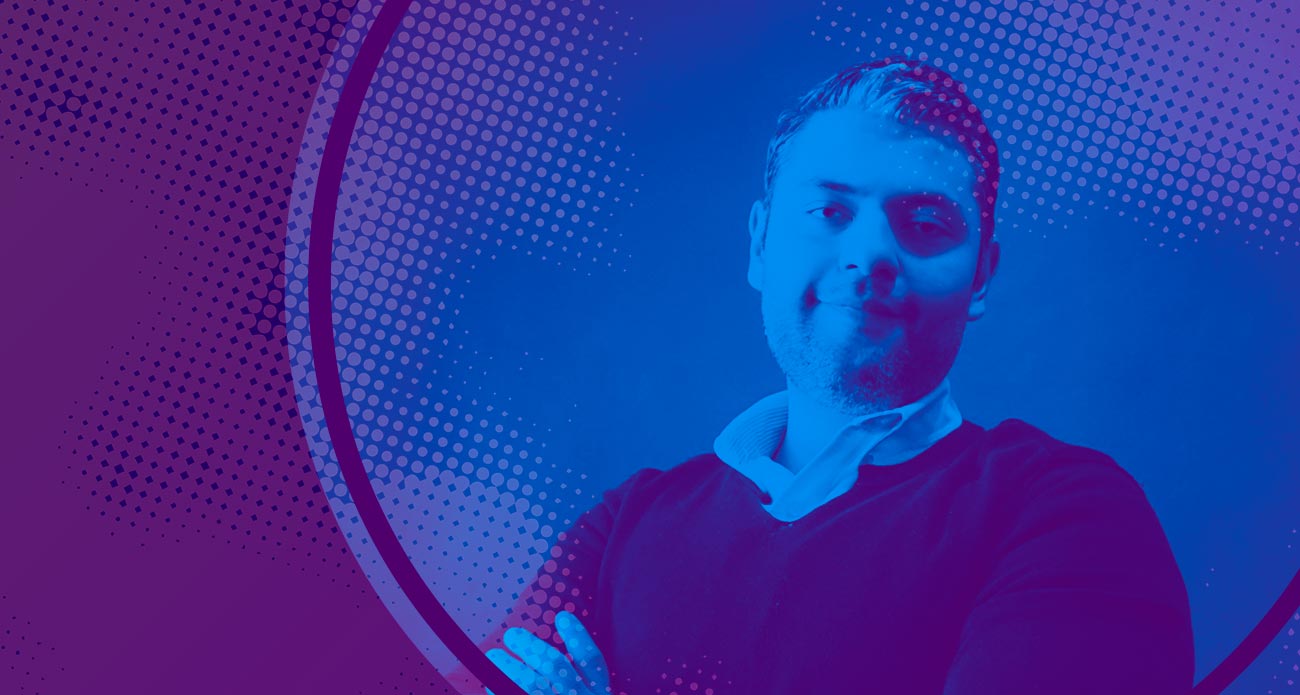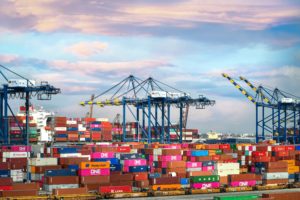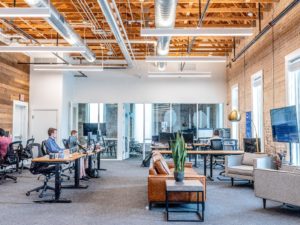
July 30, 2020
Today’s Soapbox opinion was written by Bryan Bejarano, a consultant in communication, social impact, and creativity.
Contxto – The Covid-19 pandemic has accelerated the digital transformation and the adoption of new technologies by companies and individuals. The limits between the digital and the physical realm are increasingly blurred and, often, we are not aware of where one ends and the other one begins.
We still can’t know what impact this rushed tech-advancement will have in the medium to long terms. We don’t know how it will affect industries, business models, and the way we engage and collaborate with other people.
One of the potential negative consequences of this digital transformation revolves around how it could contribute to social exclusion and to the increase of inequality. Access to technology and connectivity could become a key factor to get a job, an education, or quality services.
For instance, remote work could push companies into hiring individuals who have access to the best bandwidth connection at home.
Students who do not have access to a good computer and internet connection could be excluded from continuing their studies virtually.
Ultimately, not having a smartphone or not knowing how to operate it properly could hinder people from using online banking apps, delivery services, and telemedicine, to name a few.
Martin Weitzman, a researcher and economist at Harvard, stated that: “The long term growth of an advanced economy is dominated by the behavior of technological progress.” But we must be careful that technological progress does not become the enemy.
In order to counteract the possible negative effects of tech, the Japanese government proposed the concept of the “5.0 Society”. A vision of a future where digital transformation powers the dreams of individuals and, furthermore, contributes to the creation of a more sustainable and inclusive society.
A 5.0 society seeks for innovation in digital technologies to be the pillar that takes us to a future with infinite possibilities for the human race. This new society will be characterized by the following principles:
The standardization of products and processes has driven us to create a society of patterns and uniformity. Often, the goal is even for people to think and act homogeneously.
In a 5.0 society, individual diversity would be a key factor in the development of the human race. Various types of people with different abilities could contribute to a society where high levels of imagination are going to be necessary to identify different types of needs and issues, and turn them into business models.
For instance, Momlancers is a Mexican platform that allows companies to hire independent professionals with children, and who thus need jobs with flexible hours and/or on a per-project basis. The idea is to allow them to balance their personal life at home and generate income.
This platform shows how through technology we can access a talent pool that would otherwise be excluded from the job market.
However, the challenge Momlancers faces is getting more companies to trust and value what a per-project worker can contribute to the organization. If it can manage this, more mothers will be able to benefit from the platform’s efforts.
Modern consumer society pursues the goal of creating monetary value above all else. A 5.0 society presents a model where problem resolution and value creation are the main objectives for companies, governments, and individuals.
Every day there are more entrepreneurs who choose to develop business models that see beyond financial returns and seek to generate an impact. Where real value is created for consumers, the environment, or both.
The Chilean company, Red Apis, illustrates this interpretation of value creation with its Vi-Sor service. It is a real-time language interpretation system for customer service. Vi-Sor is aimed primarily at helping non-Spanish-speaking Haitian migrants communicate.
Red Apis’ system creates great value for migrants, as they can integrate better, as well as carry out legal procedures with ease in companies and government institutions.
The problem is that not every company or public facility sees value in investing in a system like Vi-Sor, and so Red Apis’ impact is limited.
The concentration of wealth and information for the few is one of the main causes of social inequality today.
A 5.0 society proposes the use of technologies to provide access to opportunities to everyone regardless of their location, education, social status, etc. This way, relations become more horizontal. Everybody can have a role and contribute through their diversity to the creation of a more equal society.
A good example of the lack of access to opportunities is the banking system in Latin America. According to IDB data, half the adult population in the region does not have a bank account. So, they cannot access the financial system.
To address this issue in Argentina, Sumatoria, a digital crowdlending platform, came to the fore. It allows anybody to invest in entrepreneurial projects that usually wouldn’t be eligible for a loan in the bank.
The platform offers the investor a percentage of secured financial return and traceability reports of the social impact their money generated.
By providing such a novel solution, Sumatoria faces the challenge of educating consumers so that they choose to put money on a loan for an entrepreneur of their network, rather than keep it in a savings account in a traditional bank.
Currently, society is very vulnerable to externalities such as natural disasters, and crime. Or the deterioration of public infrastructure such as health services, among others.
Society 5.0 seeks to enhance human and natural resilience through technology. The idea is that the negative impacts of natural disasters or poor health systems are mitigated or completely eradicated.
To this effect, AdApp created a mobile application that involves residents and producers at the Gran Chaco. A region that stretches between Bolivia, Paraguay, and Argentina.
Through monitoring and data collection of rainfall and the water levels of rivers, users obtain information to make decisions such as harvesting or transporting products and animals from one place to another.
This application has allowed the inhabitants of the Gran Chaco to better adapt to the effects of climate change, saving their products, and even lives.
To guarantee the survival of the human species and the planet, it is essential that we change our model of mass consumption of natural resources and minimize the environmental impact of productive activities.
To achieve harmony with the environment, society 5.0 intends to use technological innovations such as Big Data.
This way we can eliminate food waste, use alternative and efficient energy sources to create more sustainable cities, as well as leverage the collaborative economy to reduce production and mass consumption.
Kingo is a company that uses solar energy, the Internet of Things (IoT) and Big Data to bring energy to homes in rural Guatemala where the government power company is absent.
Through these technologies, Kingo has managed to develop a pre-paid energy sales model, where customers buy the energy consumption time they need, allowing them to better manage their tight budgets.
Despite the positive impact Kingo generates in these communities, the high cost of developing and maintaining Kingo energy units does not allow them to scale at the rate they would like, which affects the growth of the company.
The concept of society 5.0 invites us to take advantage of technology, and through the articulation of all actors in society, to co-create a more sustainable and inclusive future for all.
To quote Antoine de Saint-Exupéry French writer and aviator:
The machine does not isolate man from the great problems of nature, but sinks him deeper into them.
Innovation and technology have proven to be the best means to solve many of the problems we thought couldn’t be solved. We must continue on this path and not allow technological advances to become negative factors for society and the environment.
Bryan Bejarano is an international consultant in communication, social impact, and creativity. He is also a university professor with extensive experience in marketing and sales team management, digital strategy development, and creative problem solving for brands in the retail industry and nonprofit organizations.

Por Contxto
April 15, 2022

Por Contxto
January 26, 2022

Por Contxto
September 28, 2021

October 8, 2020